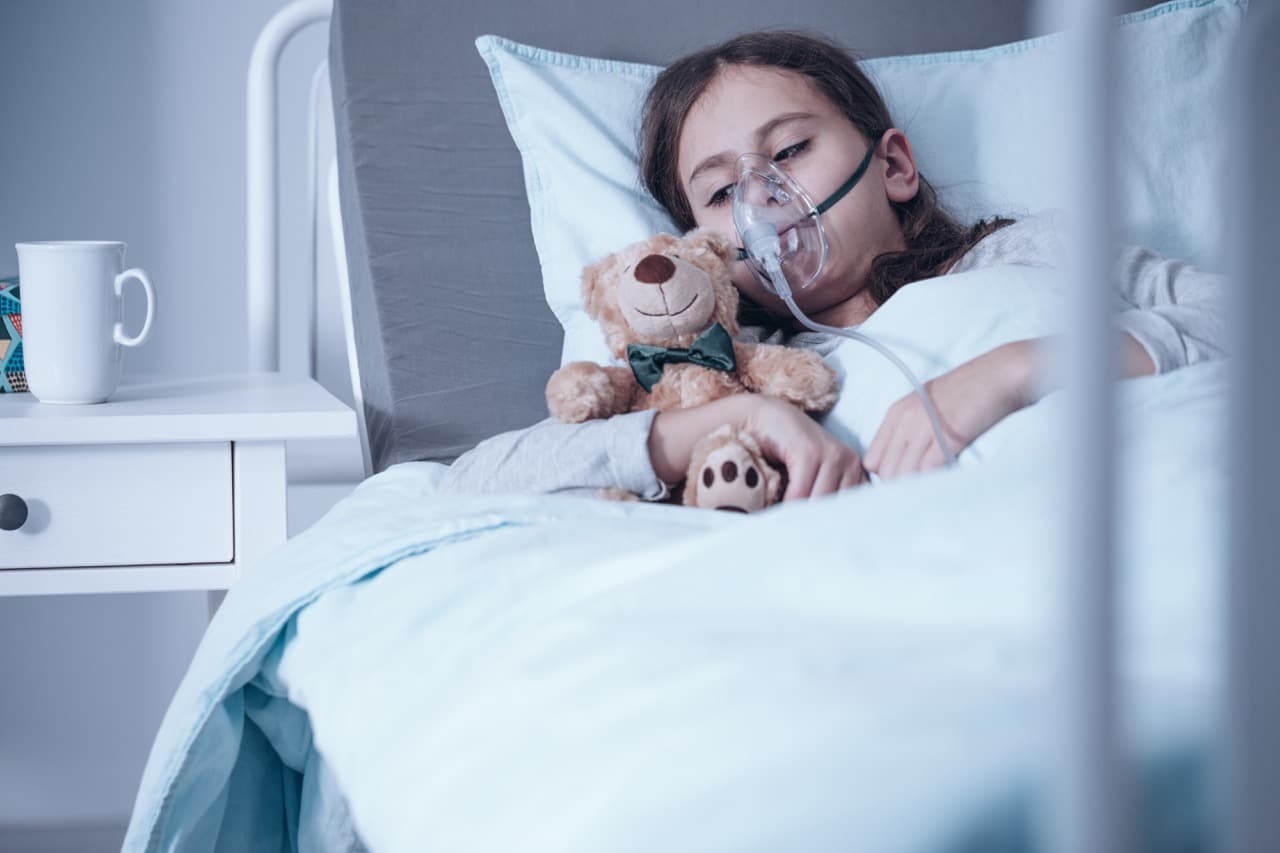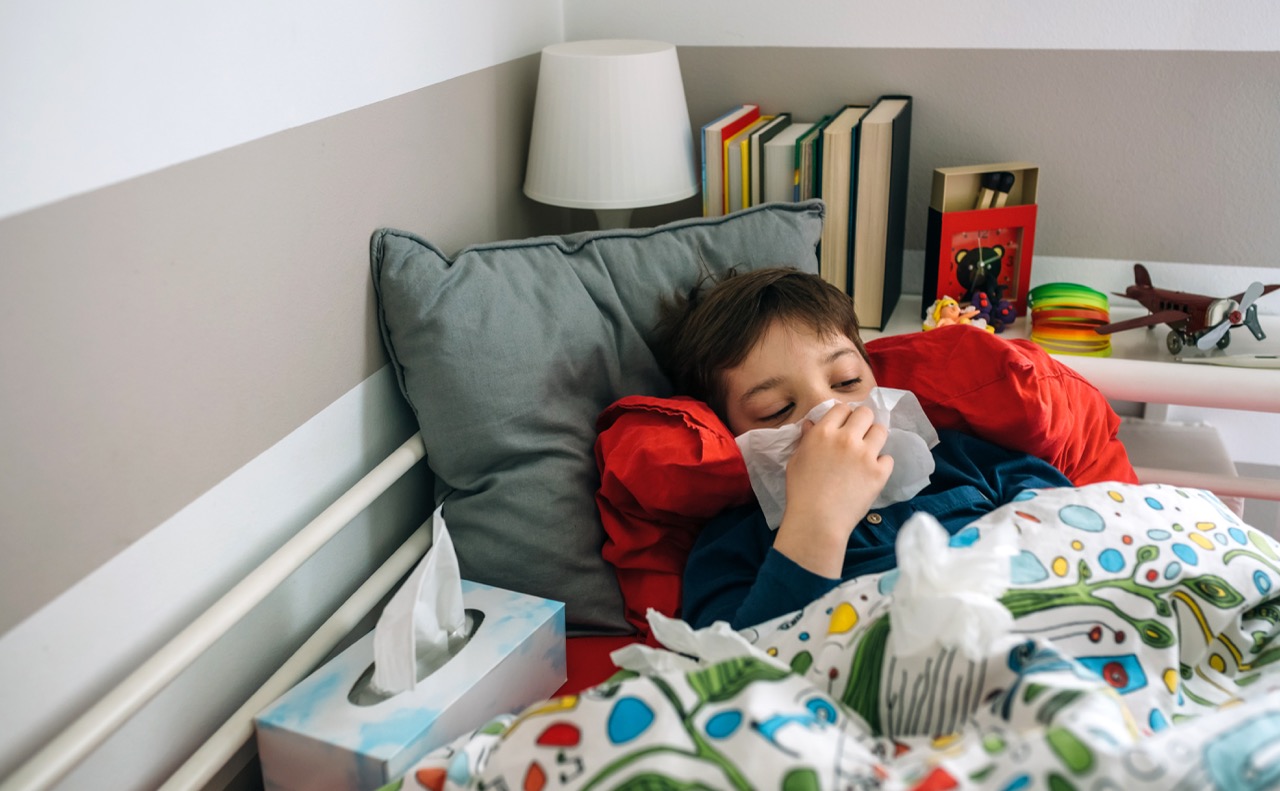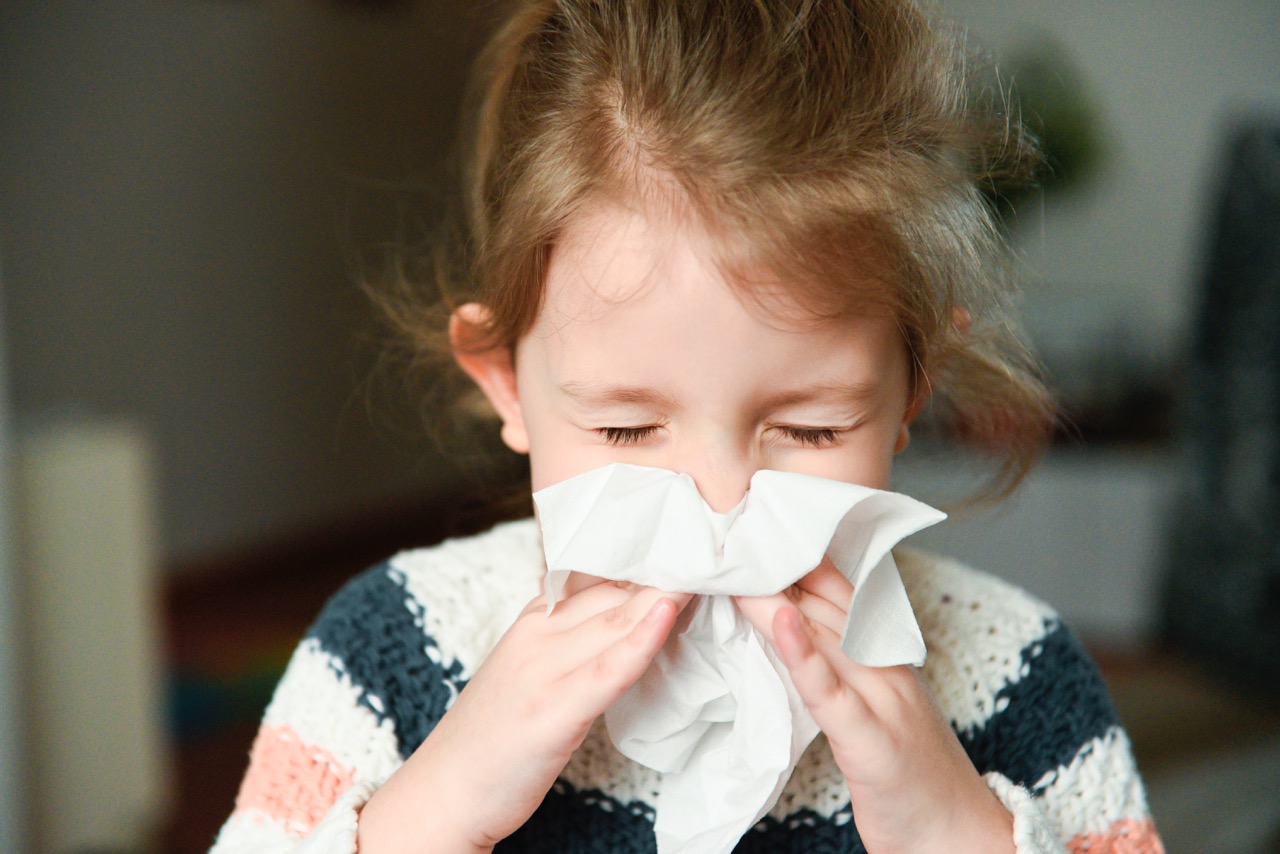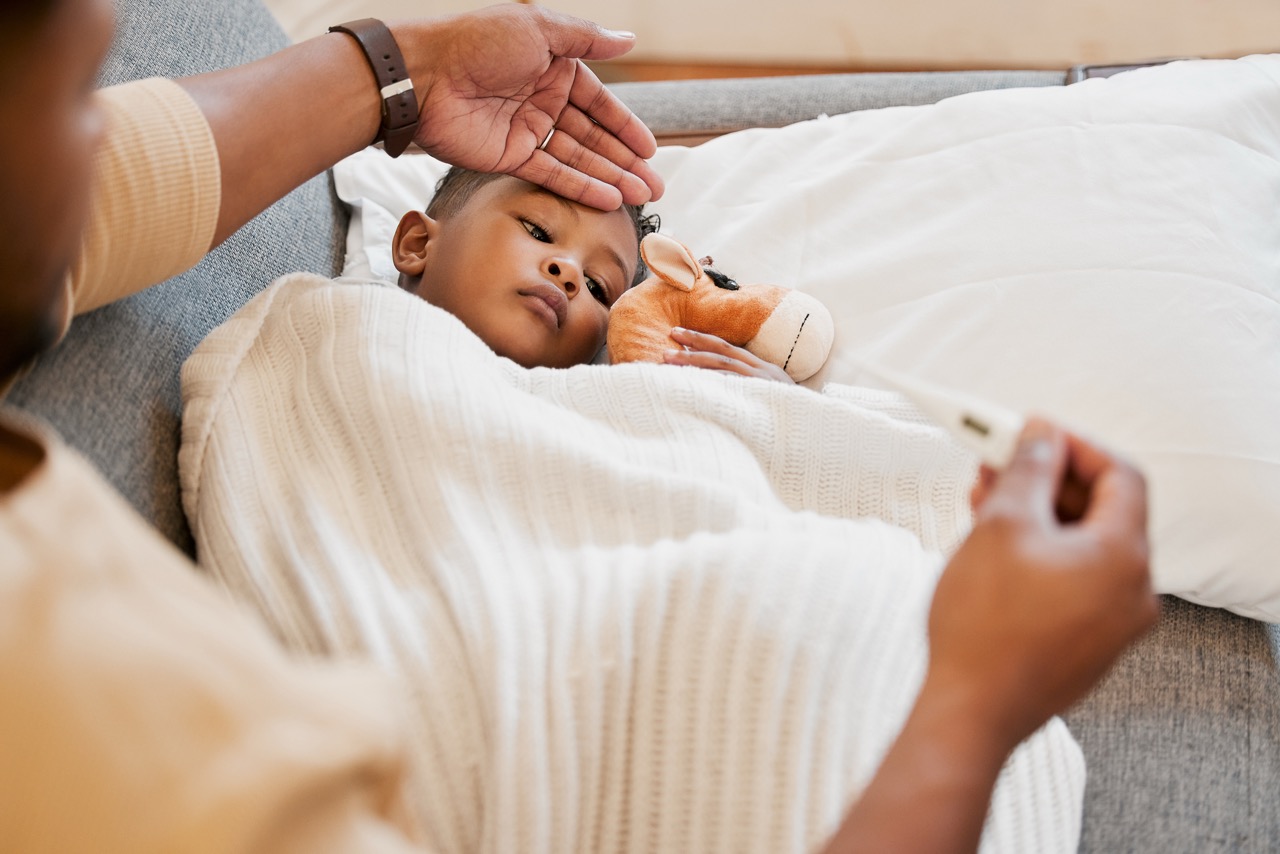How Fast Does Pneumonia Develop in Children? Understanding Signs and Care
Recent data shows pneumonia cases in young children have surged dramatically, with infection rates in children aged 2 to 4 years increasing from 1.0% to 7.2% between March and October 2024. As parents, understanding how fast does pneumonia develop in children can help you recognize early warning signs and seek timely medical care.
Pneumonia remains one of the most serious respiratory infections affecting children today. The infection can progress rapidly in young patients, making early detection crucial for proper treatment. Knowing what symptoms to watch for and understanding the timeline of pneumonia development helps parents make informed decisions about their child’s healthcare needs.
Children’s immune systems are still developing, which makes them more vulnerable to respiratory infections like pneumonia. Quick recognition and appropriate medical care can make all the difference in your child’s recovery journey.
What Is Pneumonia in Children?
Pneumonia is a serious infection that causes inflammation in one or both lungs. The infection fills the tiny air sacs in the lungs with fluid or pus, making it difficult for children to breathe properly. This condition affects children differently than adults because their respiratory systems are still developing.
The infection can be caused by bacteria, viruses, or fungi. Viral pneumonia is more common in younger children, while bacterial pneumonia tends to affect older children and can be more severe. Fungal pneumonia is less common but can occur in children with weakened immune systems.
Children face greater risks from pneumonia because their airways are smaller and their immune systems are not fully mature. Young lungs have less surface area for gas exchange, which means even minor inflammation can significantly impact breathing. This is why pneumonia symptoms can worsen more quickly in children than in healthy adults.
How Quickly Can Pneumonia Develop in Kids?
Understanding the timeline of pneumonia development helps parents recognize when their child needs medical attention. Pneumonia symptoms can appear rapidly, with some cases developing within 18 to 72 hours after exposure to certain viruses like the flu. Early signs often emerge within the first 24 to 48 hours of infection.
The progression speed depends largely on what causes the pneumonia. Bacterial pneumonia typically develops faster and more severely than viral pneumonia. Children may go from feeling slightly unwell to having serious breathing difficulties within just a day or two. Viral pneumonia tends to develop more gradually over several days.
Infants and toddlers are particularly vulnerable to rapid pneumonia progression. Their smaller airways can become blocked more easily by inflammation and mucus. Young children also have less lung reserve, meaning they cannot compensate as well when breathing becomes difficult. Parents should watch closely for any changes in breathing patterns or energy levels during respiratory illnesses.
Early Signs of Pneumonia in Children Parents Should Watch For
Recognizing the early warning signs of pneumonia can help parents seek timely medical care for their children. Young children may not be able to describe how they feel, so parents need to watch for physical and behavioral changes that signal respiratory distress.
The key is noticing when cold or flu symptoms suddenly worsen or when new concerning symptoms appear. Here are the critical signs to monitor:
- Persistent fever that continues to climb or doesn’t respond to fever reducers
- Persistent cough that becomes more frequent or produces thick, colored mucus
- Unusual fatigue where your child seems much more tired than normal cold symptoms would cause
- Fast or noisy breathing including wheezing, grunting, or working harder to breathe
- Poor feeding or drinking in infants, or loss of appetite in older children
- Increased irritability in babies or unusual fussiness that’s different from normal illness behavior
- Chest pain or complaints that it hurts to breathe deeply or cough
- Difficulty with normal activities like playing, walking, or talking without getting winded
Stages of Pneumonia Progression in Children
Understanding how pneumonia progresses helps parents know what to expect and when to seek additional medical care. Each stage brings different symptoms and challenges, but recognizing these patterns can guide your response as a parent.
These are the stages pneumonia typically follows in children:
Stage 1: Early Congestion – Mild Cough, Low Energy
During the first stage, children develop a mild cough and seem more tired than usual. The cough may be dry at first and energy levels drop noticeably. Many parents mistake this stage for a common cold. Body temperature may be slightly elevated but not always present.
Stage 2: Worsening Infection – Higher Fever, Breathing Harder
The second stage brings more obvious illness signs. Fever becomes more persistent and higher. Breathing starts requiring more effort and the cough becomes more frequent. Children may complain of feeling achy or uncomfortable. Appetite typically decreases during this stage.
Stage 3: Breathing Struggles – Blue Lips, Shallow or Rapid Breathing
This is the most concerning stage requiring immediate medical attention. Children show obvious breathing difficulties with rapid, shallow breaths. Blue coloring around lips or fingernails indicates oxygen levels are too low. This stage demands urgent medical care without delay.
Stage 4: Recovery – Symptoms Ease But Fatigue Lingers
With proper treatment, symptoms gradually improve but recovery takes time. Breathing becomes easier and fever breaks, but children remain tired for weeks. The cough may persist even after other symptoms resolve. Full energy recovery can take several weeks with adequate rest.
How Is Pneumonia Diagnosed and Treated in Children?
Medical professionals use several methods to diagnose pneumonia in children accurately. The evaluation typically begins with a physical examination where the doctor listens to lung sounds using a stethoscope. Abnormal sounds like crackling or wheezing can indicate fluid or inflammation in the lungs.
Chest X-rays help confirm the diagnosis by showing areas of infection or inflammation in lung tissue. Healthcare providers also check oxygen levels using a small device placed on the finger or toe. Blood tests may be ordered to identify the specific type of infection and determine the best treatment approach.
Treatment depends on what caused the pneumonia. Bacterial pneumonia requires antibiotic treatment, with symptoms typically improving within 24 to 36 hours after starting medication. Viral pneumonia cannot be treated with antibiotics and requires supportive care including rest, fluids, and fever management. Some children may need oxygen support or hospitalization for severe cases.
When to Seek Urgent Care or Emergency Help
Parents should seek immediate medical attention when pneumonia symptoms become severe or worsen rapidly. Breathing difficulties represent the most serious concern requiring urgent evaluation. Children showing signs of respiratory distress need professional medical assessment right away.
Contact urgent care or emergency services if your child develops blue lips or fingernails, has severe difficulty breathing, or shows chest retractions where the skin pulls in around the ribs during breathing. High fever combined with rapid breathing or extreme fatigue also warrants immediate medical evaluation.
Dehydration signs like decreased urination, dry mouth, or excessive sleepiness require prompt medical attention. Very young infants showing any concerning breathing changes or feeding difficulties should be evaluated immediately. Urgent care centers specializing in pediatric medicine can provide faster diagnosis and age-appropriate treatment compared to general emergency rooms.
Preventing Pneumonia in Children
Prevention strategies can significantly reduce your child’s risk of developing pneumonia. Vaccination provides the strongest protection against the most serious forms of pneumonia. The pneumococcal vaccine protects against bacterial pneumonia, while annual flu vaccines help prevent viral pneumonia complications.
Good hygiene practices play a crucial role in preventing respiratory infections. Regular handwashing with soap and water for at least 20 seconds helps eliminate germs before they cause illness. Teaching children to cover coughs and sneezes properly prevents spreading infections to others and reduces exposure risks.
Supporting your child’s immune system through proper nutrition, adequate sleep, and regular physical activity strengthens their natural defenses against infections. Avoiding secondhand smoke exposure is particularly important since smoke damages lung tissues and increases pneumonia risk. Breastfeeding provides additional immune protection for infants during their most vulnerable months.
Visit All Kidz Urgent Care in Torrance for Pediatric Pneumonia Concerns
At All Kidz Urgent Care, our board-certified pediatrician Dr. Sara Dhillon and experienced team understand how concerning respiratory symptoms can be for parents. Our child-friendly urgent care environment provides specialized pediatric evaluation and treatment when your family needs it most.
Looking for reliable same day and urgent care pediatric services in Torrance? At All Kidz Urgent Care, we offer more than just treatment, we provide a caring, child-focused environment where families feel supported. From respiratory concerns to minor injuries, our experienced team delivers fast, gentle, and personalized care tailored to your child’s needs.
Walk in or schedule your same day appointment today. Your child’s health and comfort are our top priorities, every visit, every time.
Visit us at: 2927 Rolling Hills Road, Torrance, CA 90505
Call us: +1 310-292-0054
Email: contactus@allkidzurgentcare.com
Let’s keep your child healthy, together.




